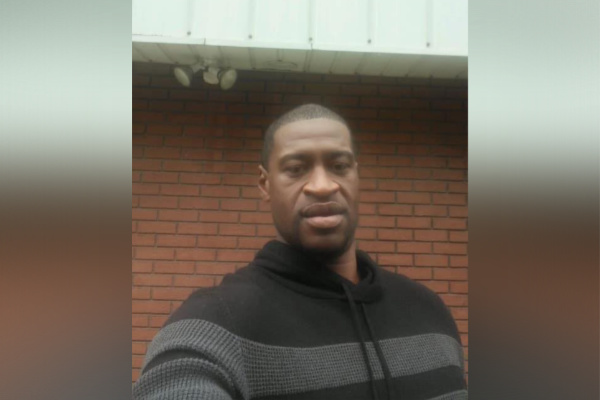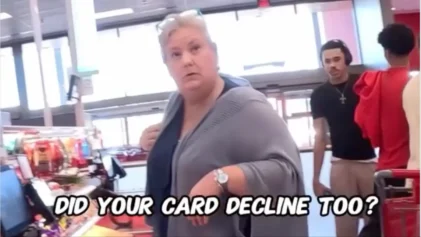A Houston public defender is waiting on the Texas governor to posthumously pardon George Floyd of a now questionable 2004 drug conviction.
New evidence has emerged regarding the arresting officer in this case, casting so much doubt that the Texas Board of Pardons and Paroles, in an unprecedented move, has unanimously decided to back the absolution of Floyd’s guilt.

KSAT, the Board of Pardons and Paroles made the recommendation (7-0) for Floyd’s pardon almost two months ago in October. However, Gov. George Abbott has yet to sign off the order that would further clear the man’s name.
In 2004, Floyd was arrested in his hometown of Houston for allegedly selling $10 worth of crack cocaine. The officer that brought him in on those charges, Gerald Goines, has since been at the center of other crimes — including a murder indictment — putting this arrest into question.
In 2019, Goines, 56, was arrested with fellow officer Steven Bryant, 47, on felony murder and violating the victims’ Fourth Amendment rights charges in connection with a drug raid that left a couple dead after a gunfight with police. Authorities say Goines lied on an affidavit used to obtain the no-knock search warrant in the raid.
Although Goines denies any wrongdoing, the outlet notes that since his arrest the Harris County District Attorney’s Office has done a deep dive into over 14,000 thousand cases connected to the disgraced officer’s team and has noticed that over 160 of them could be overturned. DA Kim Ogg has already exonerated two men who were wrongfully convicted due to Goines’ shady policing.
Because Goines was the arresting officer in the case that led to Floyd pleading guilty and serving a month per dollar of crack he allegedly sold, Ogg and her staff were among the first to support having him posthumously pardoned.
Still, the DA’s office has to wait on the governor.
Allison Mathis, the public defender who originally filed for clemency with the board, expressed concern about the delay. She said, “I just don’t want it to die on his desk. Up or down, one way or another, just give us an answer.”
Abbott has shared with the press that he is reviewing Floyd’s drug case, but has not said anything recently about his decision.
In 2020, after Floyd was murdered in Minneapolis by former police officer Derek Chauvin, the governor said that his killing was “senseless” and “reprehensible.”
He even seemingly endorsed the George Floyd Act bill aimed to prevent police brutality. However, he reneged on this promise and aligned himself staunchly with law enforcement, and worked quietly on laws that restricted chokeholds and guarantees that would require officers to give first aid on sites when needed.
Pivots like this have raised questions with those advocating for justice for George Floyd. They wonder if this is a political move.
Cory Session, vice president of the Innocence Project of Texas, asks, “Is he planning to wait until the GOP primaries are over … when it’s safe?”
Session, who is working closely with Mathis, is uniquely familiar with pardons granted after someone has died. Timothy Cole, his brother, is the only person in the State of Texas to have ever been posthumously pardoned. He wants to governor to make his decision and make it soon.
“Justice delayed is justice denied, and in this case, it’s being denied by Gov. Abbott,” Session said.
More news from our partners:


